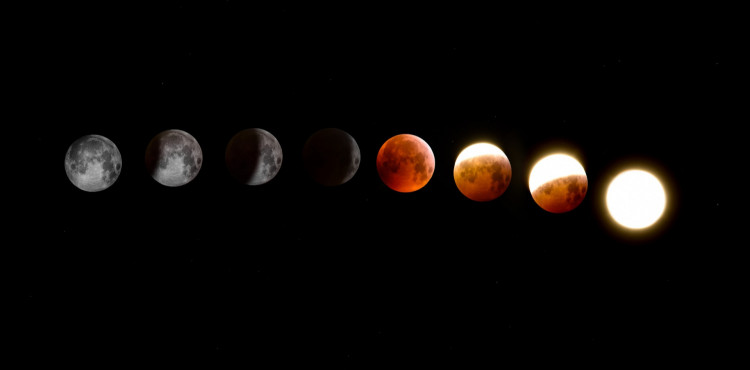In November, there will be even more exciting astronomical events to discuss. This month is highlighted by two meteor showers, the Taurids and the Leonids, as well as a lunar eclipse.
The events will take place in that order throughout the month, with the Taurids kicking things off on Nov. 11.
Because of the limited number of meteors, the Taurids don't get much attention. They're worth seeing if you're an astronomy buff or if the weather and amount of moonlight cooperate.
The Taurids are pieces of debris, also known as space dust, left behind by Comet 2P/Encke.
On average, the celestial event delivers roughly six meteors every hour. The shower is noted for releasing bright meteors known as fireballs on occasion. This is something that not all meteor showers are recognized for, thus the Taurids surely stand out.
The Leonids are up next this month. They are more well-known as a result of their increasing popularity. If there is no moonlight, the Leonids emit 10-20 shooting stars every hour on average during their peak in November.
This year's peak occurs on Nov. 16 into the early morning hours of Nov. 17. This year's Leonid meteor shower will be hampered by the fact that the moon will be nearly full, blotting away many of the meteors. This will most likely drop the 10-20 per hour figure to 5-10 per hour.
During the Leonids' peak, a couple of meteors will be observed on average every hour. The Leonids are notorious for producing brighter meteors and meteors with long trains/tails, making them even more deserving of your attention.
On the night of Nov. 18 into the predawn hours of Nov. 19, the next astronomical event to jot down on your November calendars occurs. The partial lunar eclipse will occur at this time.
The event will begin with the penumbral eclipse, which will begin shortly after midnight. This type of partial lunar eclipse occurs only when the sun, earth, and moon are all very near together on the night of a full moon.
The moon passes behind Earth, casting a shadow on our world. A total lunar eclipse occurs when the moon is completely obscured by the Earth's shadow. If that's not the case, we'll experience a partial lunar eclipse.






